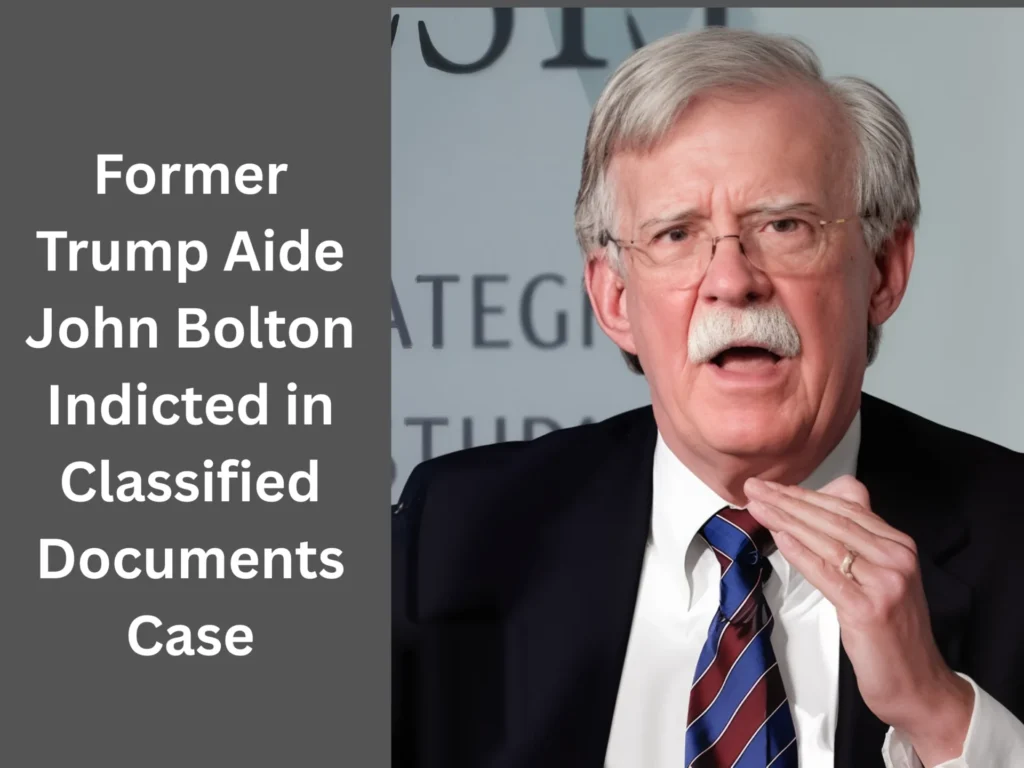John Bolton, once a national security adviser to President Donald Trump, has been indicted by a federal grand jury in Maryland on 18 counts related to the mishandling of classified documents.
The charges include eight counts of transmitting national defense information and ten counts of unlawfully retaining such material. Prosecutors allege Bolton shared more than 1,000 pages of diary-style notes, including details from meetings, intelligence briefings, and foreign contacts—with two relatives during and after his government service.
Some of these transmissions reportedly happened through personal email and messaging accounts, and federal investigators claim that classified documents were also kept at his home. Authorities further say that a hacker, linked to actors associated with Iran, gained access to Bolton’s email after its systems were compromised.
Bolton has publicly denied wrongdoing, calling the charges politically motivated and asserting that the materials in question were already known to U.S. authorities and subject to prior review.
Attorney General Pamela Bondi defended the prosecution, stating:
“Anyone who abuses a position of power and jeopardizes our national security will be held accountable. No one is above the law.”
If convicted, Bolton faces up to 10 years in prison for each count.
This move follows earlier recent indictments of other Trump-era critics, such as FBI Director James Comey and New York Attorney General Letitia James.
Context & Background
- The investigation into Bolton began in 2022 and accelerated following FBI searches of his home and Washington office in August 2025.
- Documents reportedly seized during those searches included materials labeled “classified,” “secret,” and related to foreign communications and strategic government operations.
- Earlier, Bolton published a memoir, The Room Where It Happened, which had become a focal point of dispute over whether it included classified content. He says the manuscript was reviewed and cleared by officials before release.
The unfolding legal battle will likely be scrutinized for its political implications and its treatment of classified materials in memoirs and government service.








